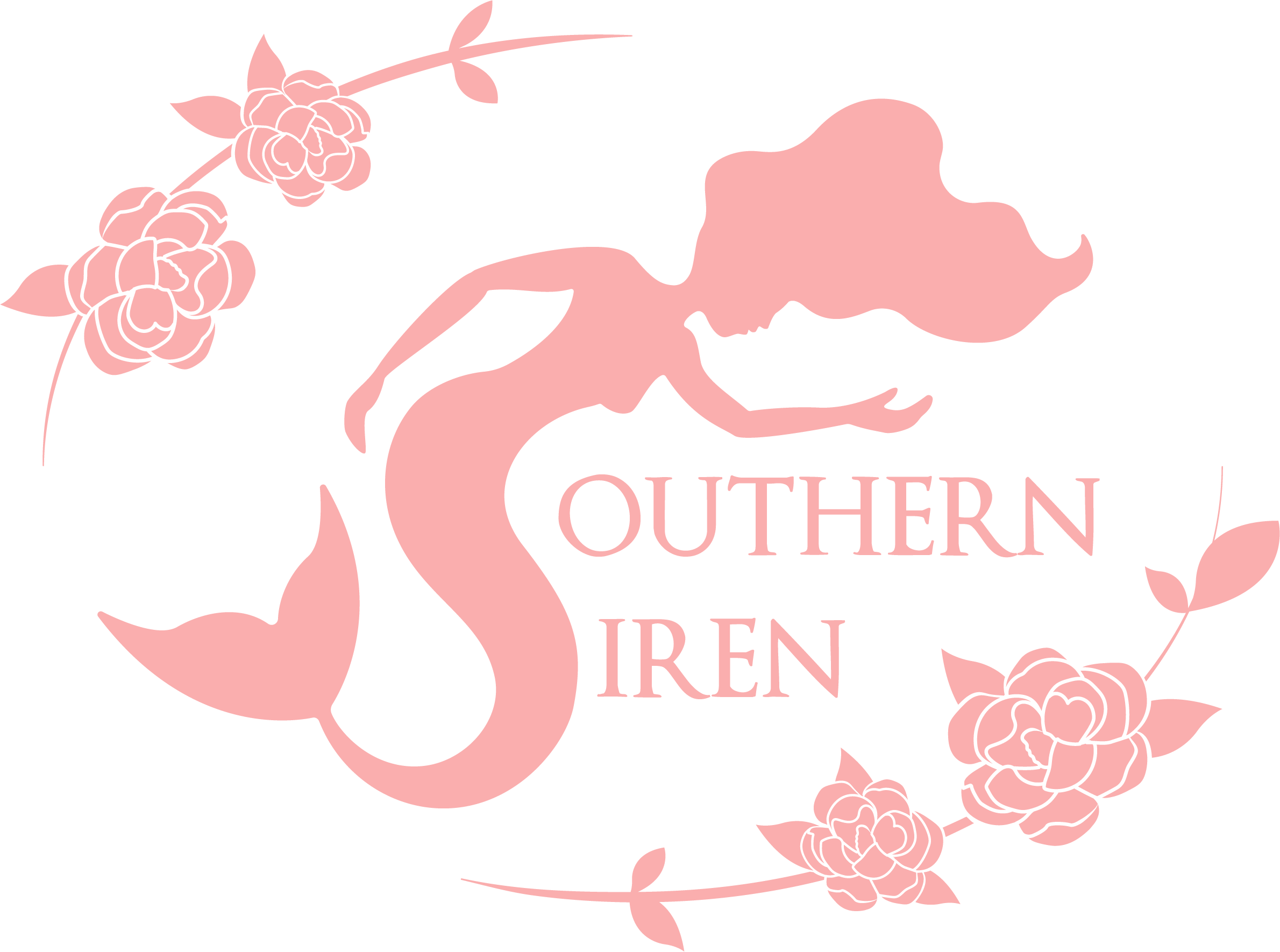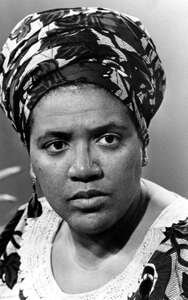Silence Will Not Protect You
Sister Outsider: Essays and Speeches by Audre Lorde
A review by Morgan Sills
It’s hard to believe that I can learn so much about myself from such an ordinary book. I found it during my senior year of college sitting on a shelf filled with old, used paperbacks and a “Free!” sign overhead. The cover was plain blue, and the plastic of the binding was worn and peeling badly. The only redeeming quality was the name and photograph of an author I recognized: Audre Lorde. Truth be told, after I couldn’t find time to read it during school, it basically sat unopened until last summer.
Once I started to read it, I was blown away. As a womanist and scholar of feminist history, I’d heard quotes from Audre Lorde, but had no idea how much her words would speak directly to my life and my thoughts. I guess I was expecting something that was purely academic and boring, but her work is much more than that – she’s unabashedly human in the way I wish I could be. At once, she is brash, profane, poetic and sexual; she is mothering, motivating, and critical; she is unafraid of her own mistakes and shortcomings, and honest about her personal growth and empowerment.
Unlike so many of the activists I’ve learned about, she makes no effort to sanitize herself: her life was far from perfect or stereotypical, and she defined life on her own terms, regardless of the social conventions of the day. She was an openly gay Black woman in America writing poetry during the 1970s, and spoke about the divisions that lie within the modern feminist movement, highlighting the unique experiences of women of color that are erased by mainstream campaigns.
Audre Lorde (1934 – 1992) was an American writer, feminist, womanist, librarian, and civil rights activist.
My favorite essay so far is entitled “The Master’s Tools Will Never Dismantle the Master’s House,” a speech she delivered at the Second Sex Conference at the New York University Institute for the Humanities on September 29th, 1979. Even though she delivered these words forty years ago, they still resonate with the political climate among progressives today.
In the essay, Lorde chastises the University and Feminism for trying to discuss feminist theory without examining the differences which form women’s identities. Most importantly, she criticizes the structure of the movement by asking why feminists are using the tools of patriarchy to study patriarchy itself. Doing so, she forces her readers to acknowledge that the tools of patriarchy and oppression (racism, sexism, homophobia and the like) can never be used to build movement for our own liberation. “For the master’s tools will never dismantle the master’s house. They may allow use to temporarily beat him at his own game, but they will never enable us to bring about genuine change.” (page. 112). As a Black woman involved in movements for gender and racial equity, I can see these “tools of the master” at work in the divisions which hamper progressive groups today.
Audre Lorde depicted in the Encyclopedia Britannica
Morgan Sills channeling Lorde and other womanist icons
On a personal level, she has solidified my stance as a womanist dedicated to racial, gender, and social justice in the same way I experience the world - all at once. More than that, she has been a voice of encouragement for me to speak my own truth.
As I near the age of thirty, I still find myself holding back my honest opinions and suppressing my thoughts for the comfort of others. But for Lorde, silence and fear of judgement were concepts that must be turned into action. After being faced with the possibility of breast cancer in late 1977, she was struck with the concept of her own mortality and revealed her previous silence as her greatest regret. She wrote: “I am going to die, if not sooner than later, whether or not I had ever spoken myself. My silences had not protected me. Your silence will not protect you.” (page 41, “The Transformation of Silence Into Language and Action.”). This sentence struck me as permission to speak more honestly about my life and as a directive from one activist to another. While judgement and consequences are very real, they cannot stop women’s voices or change our realities.
Morgan Sills is based in Washington D. C. A womanist and writer, Morgan’s journey has taken her many places, which inform her global perspective. Currently pursuing a law degree at Howard University, she also serves a paralegal and an advocate for racial justice.






